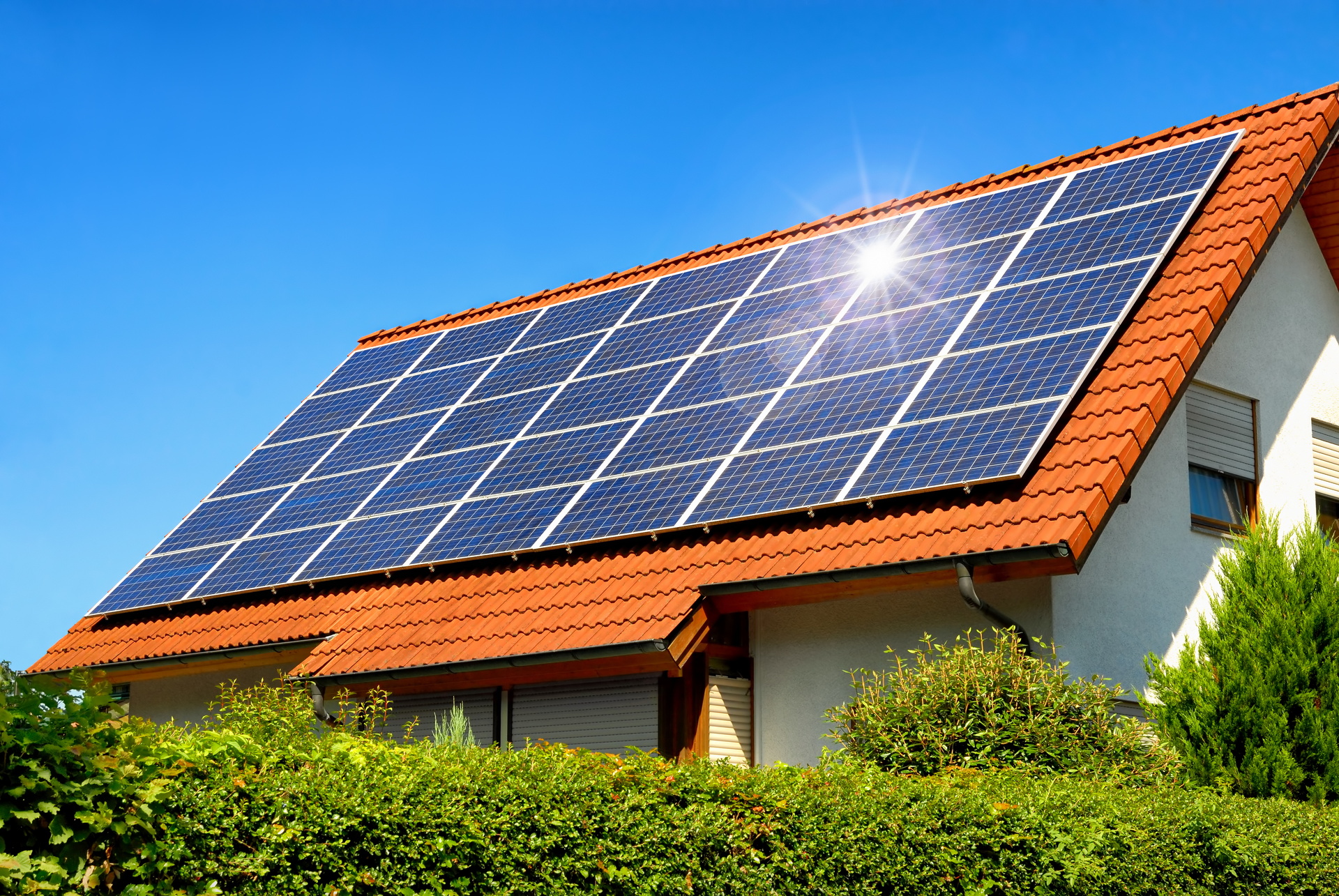The Full Guide to Solar Energy Installment: Save Money and Go Eco-friendly
Checking out the subtleties of solar energy setup reveals a diverse method to both expense financial savings and ecological obligation. Home owners are increasingly considering solar energy not just as a viable choice but as a critical investment that can yield substantial long-lasting advantages. However, the procedure involves cautious factor to consider of different elements, including system choice and installment procedures. Understanding these elements is vital for maximizing effectiveness and cost savings. What certain steps should one take to make sure an effective shift to solar energy, and exactly how can economic rewards further enhance this venture?
Benefits of Solar Power
The growing adoption of solar power mirrors a significant shift towards sustainability and environmental responsibility. One of the primary benefits of solar energy is its capacity to reduce reliance on fossil fuels, leading to decreased greenhouse gas discharges. By taking advantage of the sunlight's power, individuals and services can add to a cleaner setting and reduce the damaging impacts of environment adjustment.
Furthermore, solar power can cause substantial monetary savings. As soon as installed, photovoltaic panels considerably reduced electrical energy costs, as they produce power from a renewable resource. Lots of governments also supply rewards, discounts, and tax credit ratings to encourage solar fostering, additionally boosting economic viability.
Another significant benefit is power independence. Solar energy systems enable homeowners and businesses to create their own electrical energy, reducing susceptability to fluctuating energy rates and supply disturbances. Additionally, solar power systems require minimal upkeep, converting to reduced long-lasting functional expenses.
Selecting the Right Planetary System

Solar systems differ significantly in rate depending on their type, size, and efficiency. Consider potential financing options such as finances, leases, or power acquisition agreements (PPAs) that may reduce in advance prices.
Readily available room is one more vital element. Analyze your roofing's alignment, angle, and shading, as these aspects can influence solar panel efficiency. If roof area is limited or inappropriate, ground-mounted systems may be a viable choice.
It's vital to conduct extensive research study to understand the details motivations offered in your location, as they can differ widely. Consulting with a solar installation expert can help you navigate these options effectively, guaranteeing you maximize your savings while contributing to a much more sustainable power future.
Maintaining Your Planetary System
Efficient upkeep is vital for guaranteeing the longevity and optimal performance of your solar power system. Regular maintenance can help avoid small concerns from rising into pricey repair services and ensure maximum power effectiveness.
Start with routine evaluations of your solar panels, preferably every six months. Cleaning up the panels, specifically in locations susceptible to dust or bird droppings, can substantially enhance energy production.
Following, keep an eye on the inverter. This part transforms solar power right into usable electricity and need to be checked monthly. The majority of contemporary inverters have checking systems that signal you to efficiency concerns, allowing for timely treatment.
Additionally, inspect the circuitry and connections for any kind of indicators of corrosion or damages, as these can result in lowered performance or system failure. Take into consideration professional upkeep solutions annually for an extensive examination.
Verdict
Finally, the adoption of solar power presents substantial advantages, including minimized electrical energy prices and a favorable ecological impact. Mindful consideration in picking the appropriate solar system, coupled with a clear understanding of the setup process, improves the general experience. Financial incentives and regular maintenance additionally add to the long-term advantages of solar power. Inevitably, embracing solar technology stands for a vital step toward sustainability and power self-reliance, promoting a greener future for all.